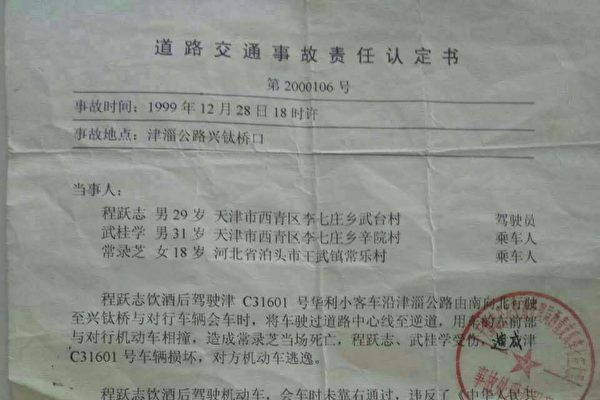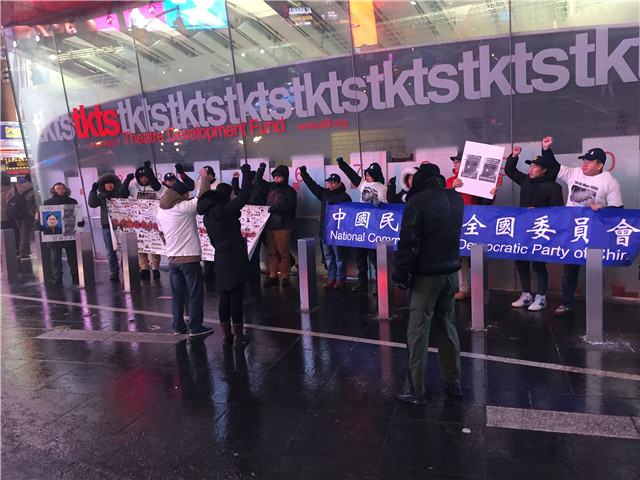Baoer Zhao Reprinted from: New York Times Chinese website:

When China abruptly lifted its lockdown and other anti-epidemic measures in December, officials in Beijing and many investors expected an economic recovery.
But it backfired.
After a flurry of investment activity in late winter, Chinese investment stalled by this spring. Exports are shrinking. Fewer housing projects are starting. Prices are falling. More than one in five young people is unemployed.
China has tried many remedies over the past few years when the economy tanked, such as borrowing heavily to pay for road and rail construction. The country has spent heavily on testing and quarantine during the epidemic. Borrowing money now for additional stimulus spending could spur a burst of economic activity, but it would be a difficult choice for policymakers already concerned about debt pressures.
"There is a risk that the authorities will fall behind in stimulating the economy, but there is no quick fix," said Lu Zihui, an economist at Oxford Economics in Singapore who studies China.
China now needs to make adjustments to its economy after it cut itself off from the world for nearly three years to fight the coronavirus, a decision that prompted many companies to start moving supply chains elsewhere. Chinese leader Xi Jinping met with U.S. Secretary of State Antony Blinken on Monday as the two countries sought to ease diplomatic tensions and pave the way for high-level economic talks in the coming weeks. Such discussions have the potential to slow the recent increase in sanctions and countermeasures.
China's economic recovery has stalled, with only a few categories of spending such as tourism and catering growing strongly. The figures are up from extremely low levels in the spring of 2022, when a two-month lockdown in Shanghai disrupted economic activity in large swaths of central China.
The economy has been particularly weak in recent weeks.
“From April to May to now, the economy has obviously changed less than expected, so that some people think that the original judgment may have been too optimistic,” Yin Yanlin, former deputy director of the Supreme Economic Decision-making Committee of the Communist Party of China, said in a speech at an academic conference on Saturday.
Chinese government officials have been hinting that an economic stimulus package may be imminent.
Last Friday, China's State Council said after a meeting chaired by new Prime Minister Li Qiang: "In response to changes in the economic situation, more powerful measures must be taken to enhance development momentum, optimize the economic structure, and promote continued economic recovery."
China's economic weakness has both advantages and disadvantages for the global economy. China's consumer and producer prices have fallen over the past four months, keeping a lid on inflation in the West by driving down the cost of imports from China.
But weak demand in China could also exacerbate the global economic slowdown. At the beginning of this year, Europe was already in a mild recession. Rapid U.S. interest rate hikes have prompted some investors to bet that the U.S. will also be in recession by the end of this year.
Beijing has taken some steps to revive the economy. Implement tax reduction and exemption policies for small and micro enterprises. Lower bank deposit rates to encourage households to spend more rather than save. The latest government measures came on Tuesday, with the state-controlled banking system cutting base interest rates on business loans and home mortgages.
But many economists at home and abroad are concerned about the effectiveness of the new measures.
Consumers are reluctant to spend, and investors are wary of investing in Chinese companies. Private investment is actually down so far this year compared with 2022. The real estate market remains in crisis, with developers borrowing more money to pay down existing debt and complete existing projects, even as China already suffers from an oversupply of housing.
The housing market is at the center of China's current troubles. The construction industry accounts for as much as a quarter of China's economic output. But potential homebuyers have given up on their plans because the developer defaulted on its debt and failed to complete the apartments that buyers had paid for in advance.
Home construction fell nearly 23% in the first five months of this year compared with the same period last year. This suggests that the real estate sector will fall further in the coming months.
Chen Leiqian, 27, works in marketing in Beijing. She started house hunting in 2021 with her boyfriend of five years. But later they decided to continue renting a house after getting married.
"House prices across the country are falling, and the economy is in bad shape. There are too many unstable factors," Chen Leiqian said.
Chen Leiqian works at an online tutoring company. After China cracked down on the for-profit private education and training industry in 2021, two-thirds of her colleagues in her department were fired. She also has a friend who lost her home to foreclosure when she couldn't pay her mortgage after losing her job in the tech industry.
When looking for effective solutions for a new round of economic stimulus, what may cause the biggest dilemma for policymakers is the cautious attitude of middle-class families like Chen Leiqian.
"You can throw money at people, but if they don't have the confidence, they won't spend it," said Alicia Garcia-Herrero, chief economist for Asia Pacific at Natixis.
It's not just households struggling to repay debt, but also local governments, limiting their ability to ramp up infrastructure spending.
The Chinese government is wary of restarting a credit frenzy of the kind seen during the global financial collapse in 2009 and in 2016 after a year of tumbling Chinese stocks.
A sluggish real estate sector has hurt domestic demand, but exports have been flat so far this year and actually fell in May. China's exports have always been strong, and the weakness is particularly noteworthy because Beijing has allowed the yuan to weaken by about 7% against the dollar since mid-January. The depreciation of the yuan makes Chinese exports more competitive in foreign markets.
More exports help create jobs and could make up for an otherwise weak domestic economy. But it is unclear to what extent China can rely on exports to help its economy grow, as some of its largest trading partners have shifted some purchases to other countries in Asia.
In the United States, the Trump administration has imposed tariffs on a range of Chinese industrial products, making it more expensive for American companies to buy products from China. Last year, President Joe Biden persuaded Congress to approve widespread subsidies for American products such as electric vehicles and solar panels. Compared with May last year, China's exports to the United States fell by 18.2% last month.
Now, as China considers how to boost its economy, it must contend with a loss of consumer confidence.
Charles Wang runs a small travel company with eight employees in Zhangjiakou, northern China. After the pandemic, his business has almost fully rebounded, but he has no plans to invest in expansion.
“Our economy is actually going down, and people don’t have so much time and willingness to spend,” said Charles Wang. "It's because no one wants to spend money. Again, everyone is afraid, even rich people are afraid."
China Democratic Party, CCP Infringement Private Financial Observer








